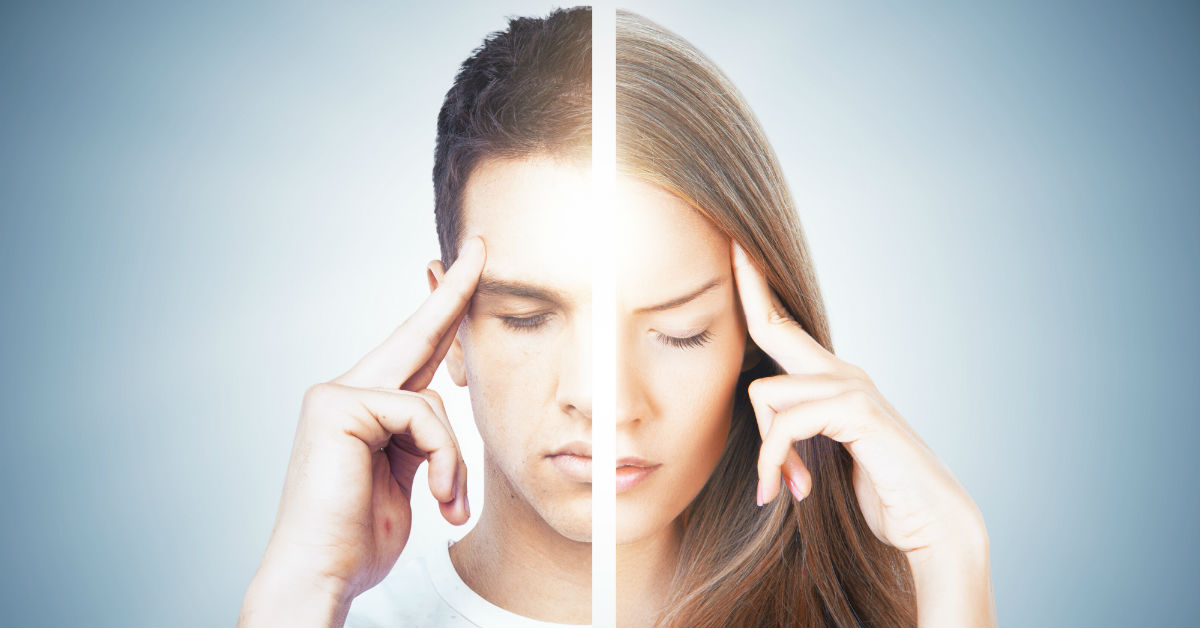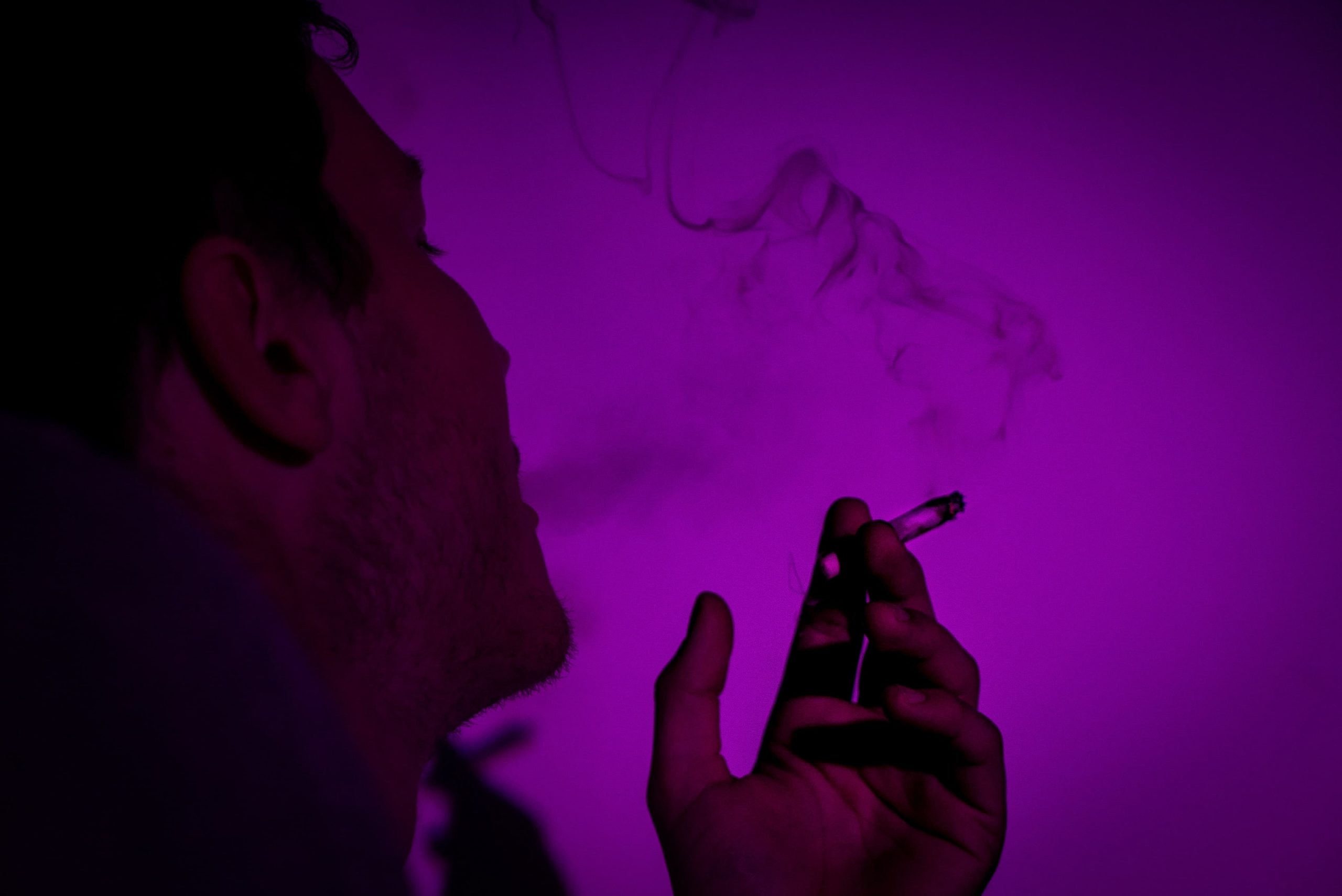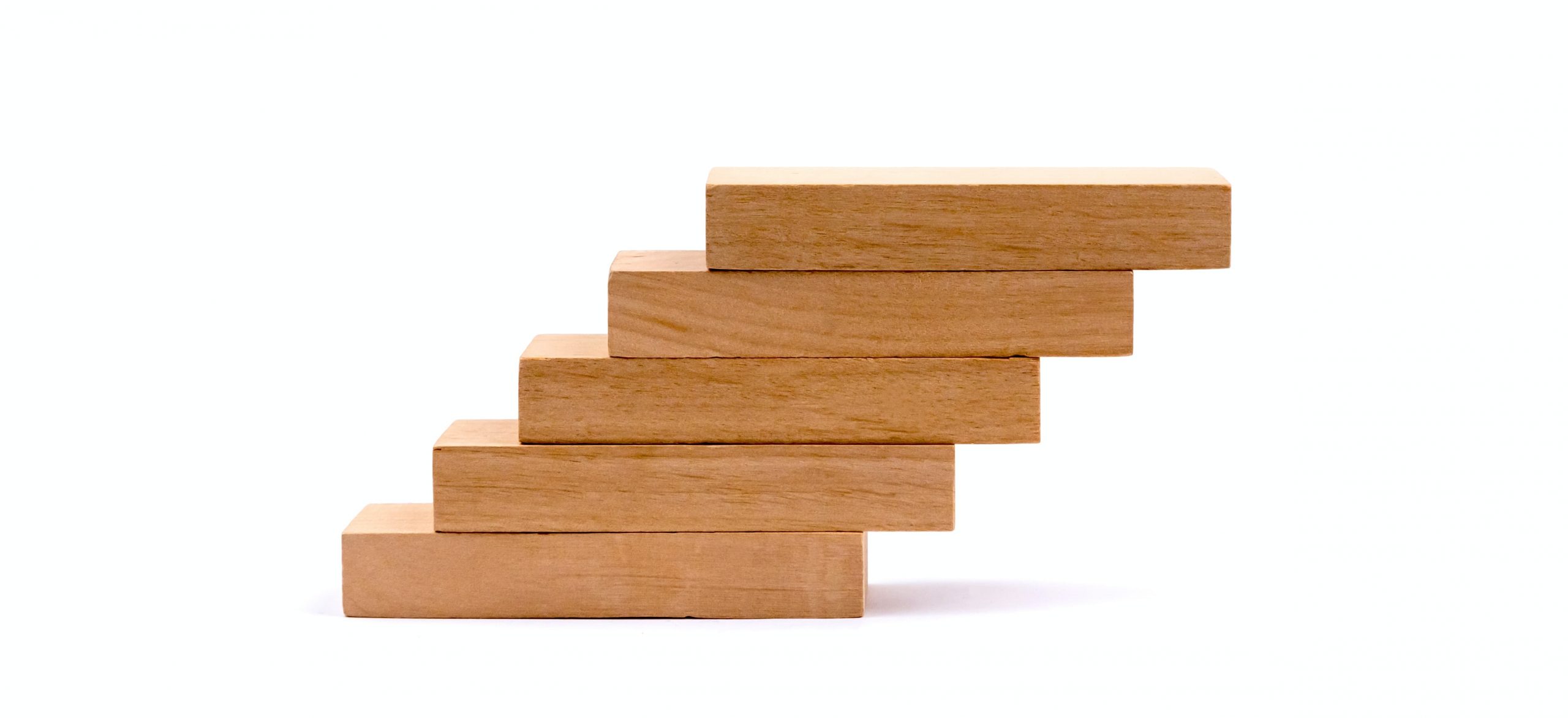Remember when you were in middle school or high school, and you wanted to fit in with all of the “cool” kids? This could’ve looked like participating in different sports teams to running for a class position or even emulating a new hairstyle. Throughout these experiences, we’ve all grown and blossomed into our own personalities. However, this particular time of life can be especially trying on teenagers – and even more so when a bad outfit or a few days of acne turn into something more than just an inconvenience.
When your child becomes overly concerned, anxious, or upset about their appearance (and then subsequently, trying to change it), then it becomes a problem. This is known as body dysmorphia, and it can present in teens or adults.
According to the Mayo Clinic, this condition is classified by embarrassment or shame that comes from a perceived flaw in how one looks. A flaw might not even be present, but your teen might think there is.
Teen Behaviors Related to Body Dysmorphia
If you notice your teen has stopped hanging out with friends, spends hours in front of a mirror, changes their style by adding baggy clothes, putting on more makeup, or doing different hairstyles consistently, it might be time to sit down and speak with them. They might be comparing how they look against others frequently, or think that they are being made fun of for the way they look. While this might seem like a typical teenager scenario, be aware that this mental health condition can begin to spiral quickly if not addressed appropriately.
The more prominent areas of the body that teenagers tend to focus on are:
- Hair
- Face
- Muscles
- Skin
You might think that your teenage daughter is just overly focused on her makeup when she heads out the door to school; however, if you notice that she is constantly removing and reapplying the makeup to make it “perfect”, this might be something to pay attention to. The same goes for your teenage son, who might be overly concerned about his muscles – maybe he thinks he’s too small, and doesn’t have enough muscle mass (but is preoccupied with the subject, while it’s having adverse effects on other areas of life).
While it’s not unusual to want our hair, skin, and body to look nice, teen body dysmorphia takes it to another level. Behaviors to try and “fix” the body part in question can begin to consume daily life, along with relationships. This is where you can step in with your teenager, and let them know that there isn’t a one-size-fits-all body type. Encouraging a healthy lifestyle with whole foods, exercise, adequate hydration, and proper sleep habits can all help your teenager to feel more confident in their body – regardless of any perceived flaws that they may have. If your teen is still experiencing symptoms of body dysmorphia, reach out to the team at Help Your Teen Now. The team of specialists are renowned for helping parents find the right treatment for their son or daughter, and body dysmorphia is no different. Give them a call today and begin the journey toward healing with your teenager.











0 Comments